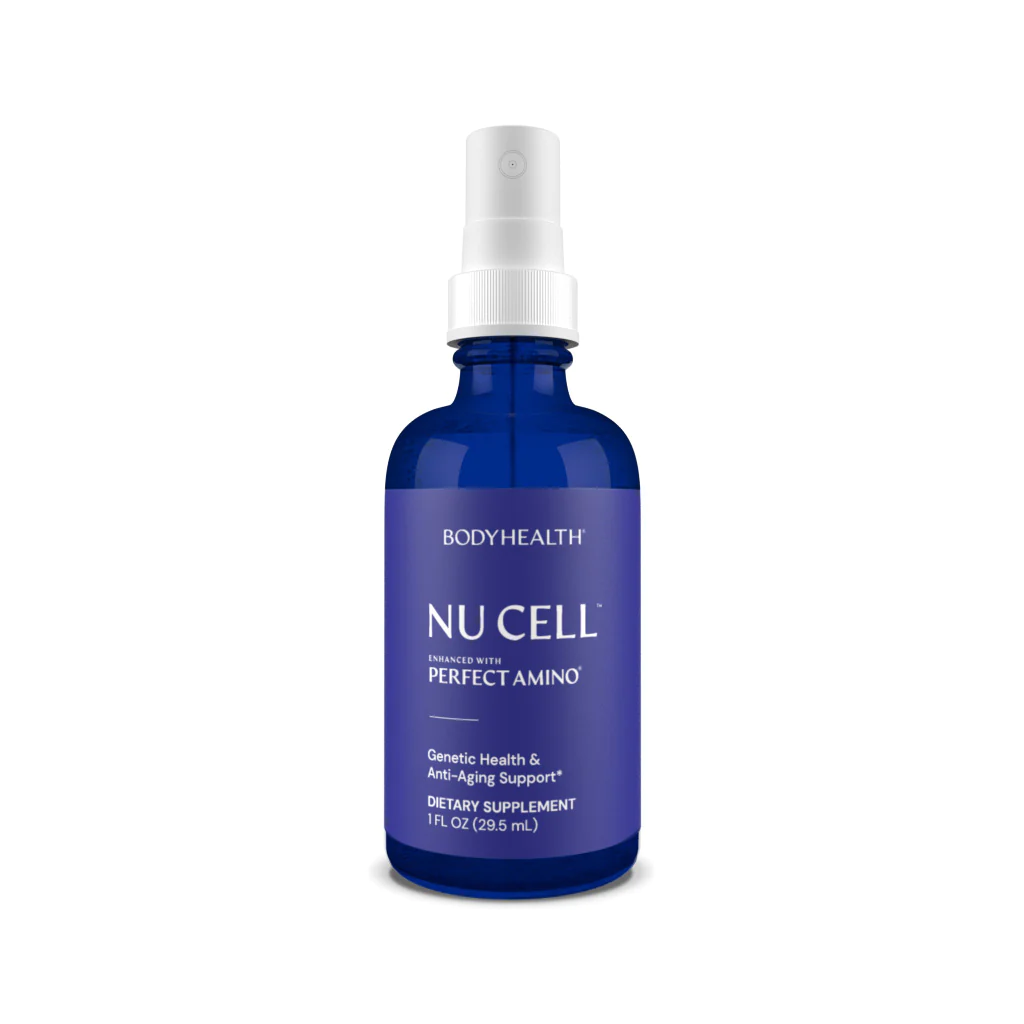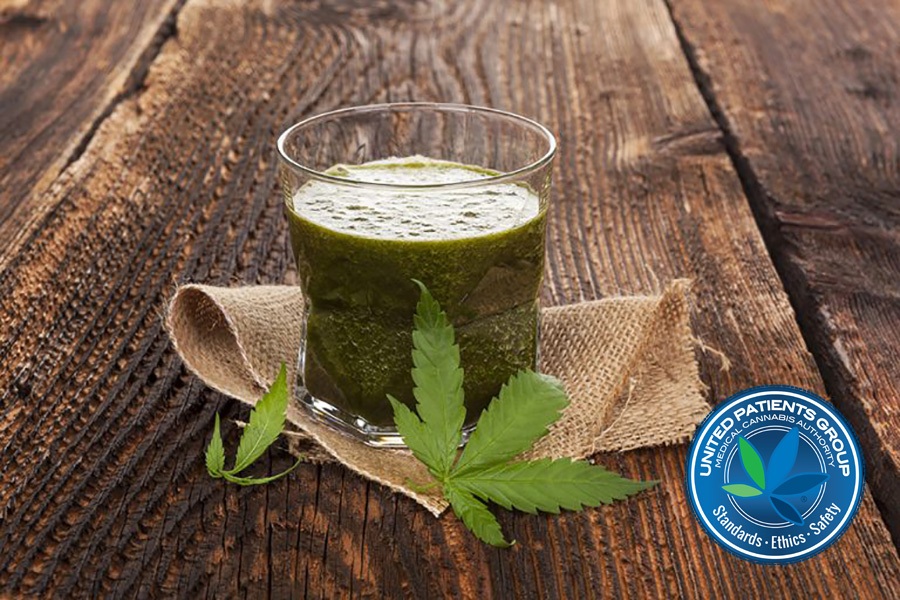Article Topics
Modern Mindfulness for the New Year
Introduction
Mindfulness is a hot topic these days. It’s also a practice that can improve your quality of life by increasing self-awareness, reducing stress and anxiety, and improving relationships with others. Mindfulness isn’t about clearing your mind or having perfect memories – it’s about being present in the moment without judgment. By practicing mindfulness, you will be able to notice when you’re starting to get stressed out or anxious so that you can take steps towards managing those feelings before they start spiraling out of control!
1. Mindfulness isn’t meditation, and you don’t have to sit in a lotus position with your eyes closed.
The first thing you should know about mindfulness is that it’s not just a form of meditation. While certain forms of meditation can be very beneficial to your practice, they’re not necessary to become more mindful. In fact, mindfulness is a way of being—it’s the ability to be aware of yourself and your surroundings in a nonjudgmental way without getting caught up in thought patterns or emotions. It’s so easy to get caught up in our thoughts that we don’t realize how much time has passed until we’re knee deep in negative self-talk or worry about what might happen next. Mindfulness allows us to take control over this process and become aware of our thoughts without having them dictate our actions and moods throughout the day.
Mindfulness isn’t limited by location either—you can practice it while doing anything at all! You don’t need any special equipment like pillows or mats; all you need is yourself (and maybe some water if you’re thirsty).
2. Mindfulness for your health, relationships, as well as your career.
If you are looking to improve your relationships with others, mindfulness can help. Mindfulness is a practice that helps you be more present and aware of the people in your life. It can also help you manage stress and anxiety, which is important for healthy relationships.
If you’re looking to improve your career, mindfulness can be very helpful as well! Research shows that mindfulness programs have been shown to improve productivity at work by increasing focus and productivity (among other things).
Additionally, there’s evidence that practicing mindfulness can lead to better health outcomes such as lower inflammation levels in the body (which leads to fewer illnesses). This may not seem like an immediate impact on your career goals but it could certainly have benefits over time if it means fewer sick days! Finally – let’s not forget about sleep quality: how many times have we all heard about how important getting enough sleep is for our mental health? Well guess what? Practicing mindfulness techniques before bedtime is one way of improving quality of sleep so why not give it a try tonight?
3. Mindfulness and being present and non-judgmental
Many people are of the opinion that mindfulness is about being aware of everything that has happened to them, or remembering every detail. This isn’t true at all. Mindfulness is about being present, noticing what’s happening currently, and accepting it for what it is. It doesn’t mean you must remember everything that has happened in your past; on the contrary, the goal of mindfulness is to move forward and not dwell on things that cannot be changed.
4. Mindfulness and your expectations
Mindfulness is not a magic cure-all. It’s a tool, one that can help you deal with stress and anxiety in many ways. You may notice an improvement in how you feel, but it won’t happen overnight—and sometimes it might not happen at all! Patience, persistence, and self-compassion are key if you want to reap the benefits of mindfulness meditation.
5. Mindfulness and your mind
Mindfulness isn’t about clearing your mind, but changing what goes through it.
There is a common misconception that mindfulness means clearing your mind of thoughts. In fact, being mindful means paying attention to the way you relate to your thoughts and feelings. The goal is not to rid yourself of all thoughts or emotions, but rather to change how you relate to them so they can no longer control you.
6. Mindfulness: valuable tool for reducing anxiety and stress levels
This is especially useful for those who are prone to anxiety or stress. Mindfulness reduces the amount of rumination you do, which is often a huge contributor to anxiety and stress. It also helps reduce self-criticism, negative thoughts, emotional reactivity and increases positive emotions.
You have the power within yourself to change your thoughts by becoming more mindful in everyday life. You can apply this technique to any area of your life that needs improvement such as productivity or relationships with coworkers or family members!
7. Being mindful is a practice
Being mindful is a practice, just like playing an instrument or learning any skill – getting better takes time, focus and effort!
Mindfulness is a skill, just like any other skill—the more you do it, the better you’ll get at it. It takes time, focus and effort to learn mindfulness but once you’ve mastered it, it can become an invaluable part of your life. Like all things worth having in life (like happiness), practicing mindfulness does require work…but we think that’s okay!
8. Learning mindfulness
You CAN learn mindfulness by yourself through books, videos, articles and other media – but it tends to be easier with an experienced teacher or coach who can give you personalized feedback to hone the skill more quickly!
You might feel like you don’t need anyone else’s help to learn mindfulness in your life, but we think it will be worth your time (and money) to find someone who can guide you through this new practice. A good teacher or coach will make sure that your expectations are reasonable – they will also make sure that you know what kind of progress is reasonable for someone with your particular set of circumstances and personality traits. And if they do their job well then they’ll help keep things fun and interesting along the way as well!
Mindfulness to help manage stress, anxiety and other challenges in life!
Mindfulness is a skill you can learn. It’s a practice that takes time, focus and effort to develop. Mindfulness can help you manage stress, anxiety and other challenges in life by teaching you how to be aware of what’s happening right now without judging it as good or bad, stressful or relaxing. When we feel stressed out or anxious, our minds often jump to negative thoughts—for example: “I don’t have enough time to finish this project! I shouldn’t have forgotten my lunch at home! Everyone will be mad at me if I don’t make dinner on time! My coworkers are going to think I am lazy for being late again…” Negative thoughts like these tend to spiral out of control in our heads until we get caught up in them—and then we feel even more stressed out than before!
Conclusion
We hope these tips have helped you get a better understanding of mindfulness and how it can be applied to your life. As we said earlier, it’s a valuable tool for reducing anxiety and stress levels, but also for improving health, relationships and career success. Remember that the best way to learn this practice is by doing it – so get started!








































Leave a Reply Cancel reply